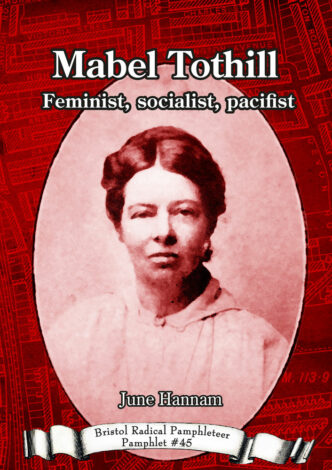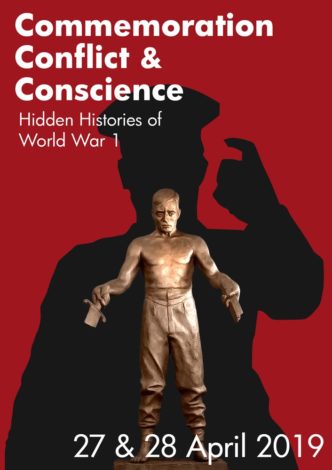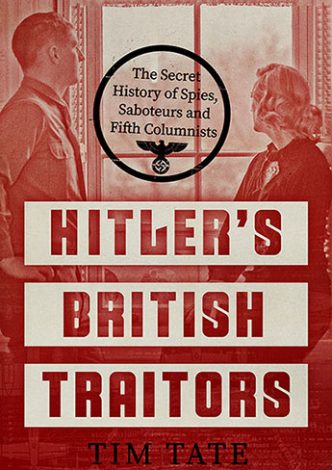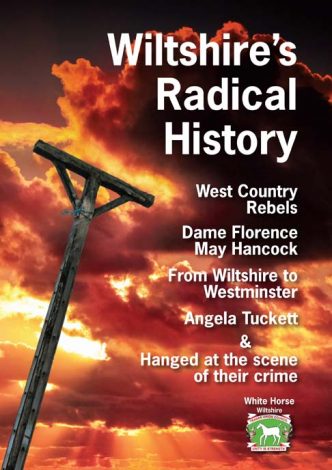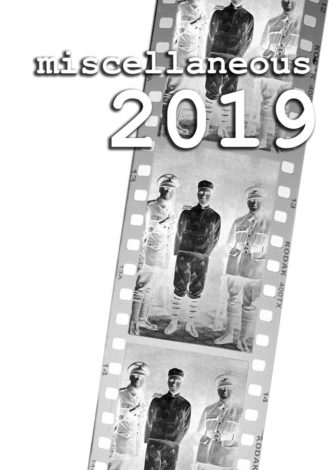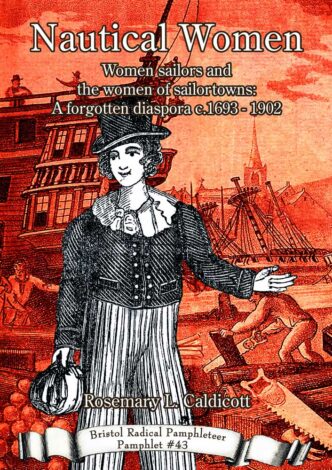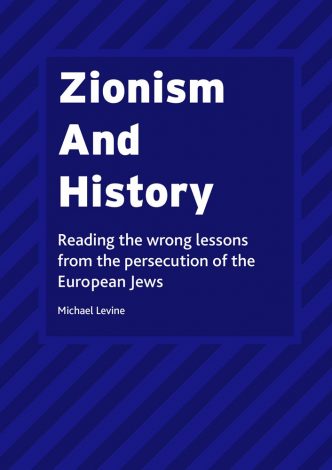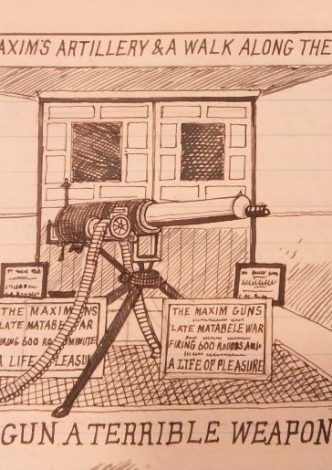June Hannam’s pamphlet examines the life and work of Mabel Tothill (1869 – 1964), Quaker peace campaigner, socialist and Bristol’s first woman councillor. It reveals how this committed social activist was part of a complex network of individuals and organisations working to improve the lives of Bristol women and men. As a campaigner for women’s suffrage and a stalwart of the Independent Labour Party, Mabel saw the causes of women and labour as intertwined. Her interest in education and desire to […]
Thursday's Child Best remembered as a suffragette, Sylvia Pankhurst was also a passionate supporter of the Russian revolution, a founder of the British Communist Party and a talented visual artist. Fighting for women to have the vote at the beginning of the century, she became a campaigner against colonialism in Africa after the Second World War. She dedicated her life to fighting oppression and injustice. Sylvia Pankhurst is played by Sharon Morgan and this programme, made for Channel Four, is […]
 Not A BRHG Event
Not A BRHG Event
Congresbury History Group, Congresbury Methodist Hall, 2 High St, Congresbury, Bristol BS49 5JA Roger Ball, co-author of 100 Fishponds Rd: Life and death in a Victorian workhouse explains how a team of local researchers revealed that more than 4,000 men, women and children, inmates of Eastville Workhouse, were interred in unmarked graves in a burial ground that was forgotten for over a century. Rosemary Caldicott, author of The Life and Death of Hannah Wiltshire: A Case Study of Bedminster Union […]
Regardless of the 2015 publishing date given, this book is currently (last checked December 2018) just available in hardback, and must have been withheld due to the ongoing release of new official documents, as these terminated only in 2017. 'Hitler's British Traitors' covers a subject that was largely considered either taboo or dismissed with contempt until recently, namely the idea that if Nazi Germany had managed to invade Britain, particularly when they had a potential capability to do so in […]
Contributors: Steve Poole – Hanged at the scene of their crime. Rosie MacGregor – Angela Tuckett. Nigel Costley – West Country Rebels. Melissa Barnett – Dame Florence May Hancock. Jeremy Corbyn MP – From Wiltshire to Westminster. A dramatic cover featuring Combe Gibbet set against a thunderous, threatening Wiltshire sky greets the reader of this short book. The work certainly does not fail to deliver on one aspect of Wiltshire’s past dark and cruel criminal justice system. On the other hand the […]
“Heart of Darkness” is a drama from the controversial Judge Deed series. It was transmitted in 2006 but the BBC Editorial Complaints Unit decided that this episode should not be shown again. It focusses on two legal cases, a judicial review of the U.S. government’s demand for the extradition of a politically active Iraqi woman and a courtroom disagreement between a married couple on whether their child should be given the MMR vaccine. G.F. Newman, the writer and producer of the Judge Deed […]
In Nautical Women, Rosemary Caldicott explores the stories of women whose lives were inextricably linked to the sea. She tells of the women of sailortowns struggling to keep out of the dreaded workhouse and resisting the prowling press gangs; and of the courageous and skilful cross-dressing women sailors who went to extraordinary lengths to hide their gender. We learn about these women’s motivation as well as their adventures and inevitable exposure. Rosemary Caldicott also considers the fate of […]
How can we explain the persecution of Jews throughout European history, culminating in the horror of the Nazi holocaust? The founders of the Zionist movement argued that the cause of the persecutions was an inherent and incurable anti-Jewish prejudice on the part of the people amongst whom Jews lived. The only remedy was the creation of a Jewish State. Mike Levine questions this thesis. He argues that antisemitic prejudice, although long-standing and widespread, doesn’t fully explain when and […]
A Life of Pleasure After a tip off last year by a member of BRHG I took a trip to Bristol Archives to take a look at some diaries written by Harry Bow in the 1890s. Bow, a Bristolian, was an enthusiastic 'army spotter', that is, he loved to record and illustrate public displays of the British military in the late Victorian period. Amongst the notes and beautiful line drawings recording parades, army camps and the use of cavalry against Bristolian trade unionists and their supporters on 'Black […]
